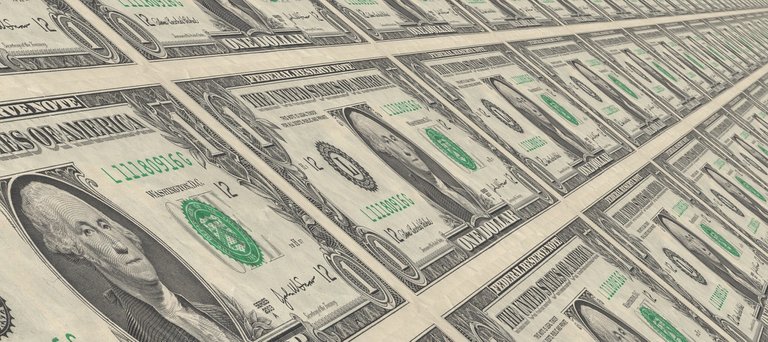
Bitcoin the cryptocurrency is demonstrating enormous consensus value worldwide and governments, nation states, and banks are taking notice. Bitcoin is based on blockchain technology, cryptography, and combined with radical decentralization. These components are crucial as to why Bitcoin is so revolutionary. It can literally replace the third parties (banks) that were once needed by the former economic system. If you do not think Bitcoin is revolutionary then you need to spend more time learning about it. Governments and banks are taking note of the rise in cryptocurrency adoption and do not seem to appreciate their territory being at risk. What can they do? What will they do? What should they do?
What can they do?
Some countries have banned initial coin offerings (ICOs). Some countries have tried to identify the cryptocurrency miners and then want to regulate mining or potentially do even worse. They also may create their own cryptocurrency and then make laws against any other currency. They could severely punish use of non sanctioned currencies. In the free world this may not happen but then again they could certainly use all sorts of propaganda against cryptocurrency saying it is only used for money laundering and terrorist activities. As the number of people adopting and holding legitimately acquired cryptocurrency assets increases, the public backlash will be greater and greater but that does not mean they will tolerate something like Bitcoin without a fight.
What will they do?
Each country will do what it thinks best. The more oppressive countries will have harsher penalties and policies. The more freedom oriented countries will probably try to regulate as many aspects as they can and increase the Know Your Customer (KYC) policies to try to avoid money laundering activities as they are already doing but may increase going forward. It is possible that as the price continues to go up they will argue that it is a bubble and will fight it even more in the name of "protecting the consumer" from the "ponzi scheme." The most likely scenario is that they will try to copy Bitcoin and crypto currencies by coming out with their own government sanctioned cryptocurrencies. They will most likely not have the same attributes like what makes Bitcoin favored by users. It seems reasonable to expect government issued cryptocurrencies to not be open source, to not have a set money supply, and they would most likely be centralized as well. This is an outdated model they they will most likely try to apply once again.
What should they do?
Clearly writing an article about what the governments should do is wishful thinking at best but here it goes. They should take the best parts of the recent innovations. They should allow it to be decentralized, have privacy similar to cash, open source, if they feel the need to adjust the money supply then there should be clear transparent mechanisms within the open source protocol in a way that essentially allows the books to be audited, and then on top of all of this they need to make an improvement. If they do not add additional value then people will try to use other currencies whether they be on the blackmarket or not.
How can they add value?
Governments should be very worried about how technology is changing aspects of citizen life such as machines replacing workers jobs. One solution that has some impressive backing by certain economists is the concept of Universal Basic Income or UBI. UBI is where money is distributed to the population for the individual to use as they see fit. They can buy food with it, they can give it to charity, or they could invest or save it. It doesn't put any citizen at a disadvantage because each citizen would receive their own UBI payment. With a government issued cryptocurrency they could incorporate UBI which will most likely be more and more necessary as technology improves and more workers are displaced. UBI is a fair distribution of wealth that doesn't punish or reward anyone unequally. You do not need to pretend to be disabled in order to get your disability check from the government, the government pays you an "allowance" which you can use in the manner that your own decisions lead you to do. Since everyone would have a certain amount of this currency and they would be encouraged that their supply would be ongoing, they would freely spend this currency for goods and services.
Government issued cryptocurrency could also add value through simplified taxation. If the new Government issued cryptocurrency had a system in place such that they handled the transaction fee when sending or receiving cryptocurrency then perhaps they could eliminate the income and other confusing taxes in favor of a flat use / transaction tax. Since every transaction could take place within this digital asset, a transaction fee tax system would be simple and effective.
Important points
It may be naive to even hope that governments would be progressive enough to implement a Universal Basic Income system and eliminate income tax in favor of a transaction fee tax but it is certainly something that could be done. The technology here, we simply need the ethics to implement it fairly and honestly in a way that will encourage the people to put their trust in the new system, until that new utopian system arrives, Bitcoin leads the way.
If you found value in these writings, please consider upvoting, or resharing, thank you.